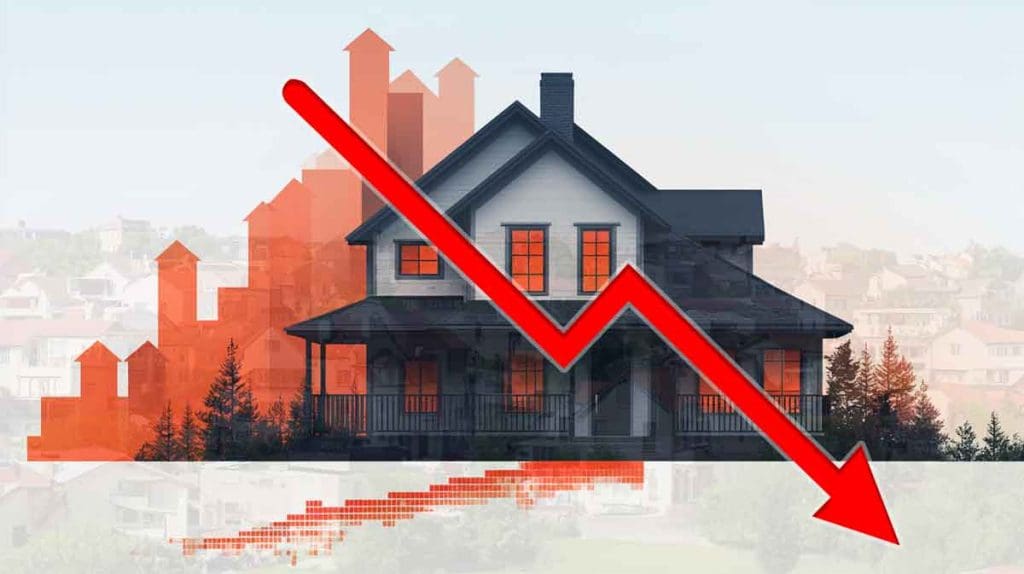Why Sellers Reduce Prices in Real Estate
Choose a quadrant below to explore homes with recent price reductions in Calgary’s eight real estate regions.

By Price Range
Price reduced homes for sale by price range
Reasons for Price Reductions in Real Estate
Market Conditions
The real estate market is influenced by various conditions, including supply and demand. When there are more homes for sale than buyers, competition among sellers increases. As a result, sellers may reduce their prices to remain competitive in the market.
Overpricing
Many sellers initially set their home prices based on emotional factors or misconceptions about the market. Often, homes are listed above their market value, leading to longer days on market. When potential buyers do not show interest, sellers may have to lower their prices to attract offers.
Feedback from Showings
After conducting open houses and private showings, sellers receive valuable feedback from real estate agents and prospective buyers. If the feedback indicates that the price is a deterrent, sellers may choose to reduce the price to increase interest.
Time Constraints
Personal circumstances can compel sellers to act quickly. Whether due to a job relocation, financial challenges, or other life events, urgency can lead to price reductions as sellers prioritize a fast sale over maximizing their profits.
Seasonal Trends
The real estate market often experiences seasonal fluctuations. Homes may sell more quickly in spring and summer than in fall and winter. Sellers may lower prices during slower months to stimulate interest and facilitate a sale.
Days on Market and Seller Desperation
Days on market (DOM) is a vital metric in real estate that indicates how long a property has been listed for sale. A high DOM can lead to seller desperation, influencing their decision to reduce prices.
Perceived Stagnation
Properties that remain on the market for extended periods can create a perception of stagnation. Buyers may wonder if there is an underlying issue with the property, leading to reduced interest. To combat this, sellers may lower their prices to revive buyer interest.
Increased Pressure from Real Estate Agents
Real estate agents play a significant role in advising sellers about pricing strategies. If a home has been on the market for too long, agents may recommend a price reduction to generate offers and stimulate activity.
Psychological Impact
The longer a property remains unsold, the more anxious sellers may become. This pressure can lead to significant price reductions, as sellers feel compelled to make a move before their situation worsens.
Selling Below Market Value
While price reductions can attract buyers, they also carry the risk of selling below market value. Understanding these risks is essential for both sellers and buyers.
Risk of Lowball Offers
When homes are listed significantly below market value, they may attract lowball offers from buyers who perceive the seller as desperate. Sellers need to be cautious about pricing their homes too low, as this can affect their overall sale strategy.
Impact on Future Sales
Selling a home below market value can have lasting effects on the local real estate market. If a home sells for significantly less than comparable properties, it may devalue nearby homes, impacting future sales for other sellers in the area.
Buyers’ Market Advantage
For buyers, price reductions represent a golden opportunity. In a buyers’ market, savvy homebuyers can leverage price drops to purchase homes they may not have been able to afford previously. This scenario is particularly advantageous for first-time homebuyers looking to enter the real estate market.
Investment Opportunities
Real estate investors often seek properties with price reductions, as these homes can be acquired at a discount. Investors can renovate and resell them for a profit or hold them as rental properties for passive income. Price drops create unique investment opportunities that savvy buyers can capitalize on.
Opportunities for Buyers
The trend of price reductions in real estate creates numerous opportunities for buyers:
Enhanced Negotiation Power
Buyers are often in a stronger negotiating position when homes have been on the market for a longer time or have experienced price drops. This scenario allows buyers to negotiate better terms, including price, closing costs, and repair requests.
Access to Dream Homes
Price reductions can make previously unattainable homes accessible. Buyers who may have been priced out of certain neighborhoods can now consider homes that fit their needs and budget, expanding their options in the market.
Increased Inventory Choices
As sellers reduce their prices, the overall inventory of available homes becomes more appealing. This broader selection allows buyers to explore a wider range of properties and find homes that meet their preferences more effectively.
Potential for Future Appreciation
Purchasing a home at a reduced price can lead to significant equity gains over time, particularly in appreciating markets. Buyers who act strategically can position themselves for long-term financial growth and stability.
Opportunities for Buyers
In conclusion, the decision to reduce a home’s price is influenced by various factors, including market conditions, seller psychology, and days on market. Sellers often face difficult choices as they navigate the complexities of pricing their homes competitively. However, price reductions create significant opportunities for buyers, enabling them to secure properties at more favorable prices. As the real estate market continues to evolve, both sellers and buyers must approach these changes thoughtfully, leveraging price adjustments to achieve their goals.
